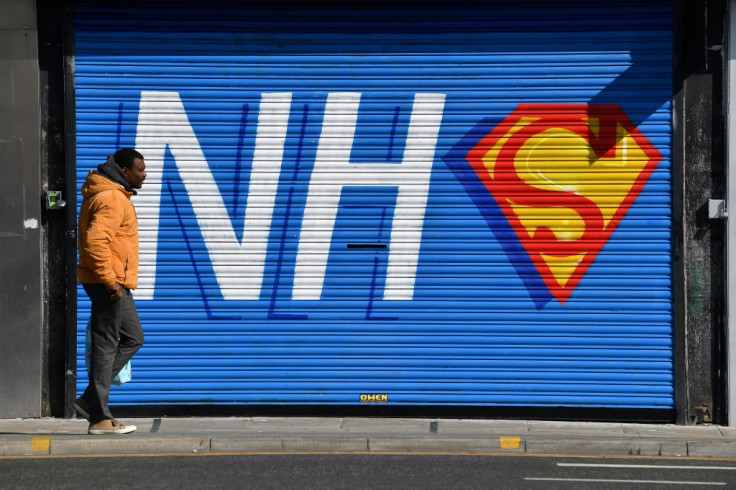NHS: Thousands volunteer to make friendly calls to lonely, vulnerable patients
The initiative is a part of the UK NHS's Volunteer Responders program.

The National Health Service (NHS) in the UK has revived its Check-in and Chart service for vulnerable, isolated, or lonely patients.
The service was initially launched during the Covid-19 pandemic when people were forced to stay indoors and all forms of social activity were banned. Initially, the motive was to help self-isolating people with tasks such as shopping and fetching medication.
GPs, pharmacists, and other healthcare workers have now volunteered to make friendly phone calls to vulnerable and lonely patients via its Check-in and Chat service. The development came after some of the NHS workers realised that several patients were in need of some social connection.
According to Ruth May, the chief nursing officer for England, more than a thousand individuals have volunteered for the task.
"It is very easy for GPs, nurses, pharmacists, and other healthcare workers to refer patients to the Check-in and Chat service through a simple online platform—and we know what a difference a neighbourly phone call can make if you're feeling isolated or in need of some support," she said.
The Royal Voluntary Service (RVS) is in charge of the NHS Volunteer Responders program. It has collaborated with the GoodSAM smartphone app to carry out the task effectively. The volunteers can register patients for the service on the app.
The Minister for Mental Health and Women's Health Strategy, Maria Caulfield, has praised the people who have come forward to offer their services.
"Picking up the phone and chatting to a friendly voice can make the world of difference to someone experiencing loneliness, and I applaud those coming forward to volunteer their time for this important cause," she said.
The pandemic-induced social isolation has had a significant negative impact on people's mental health. It did not spare anyone, whether it was young adults, elderly people, or teenagers.
Several studies were conducted to assess the impact of the pandemic, and most of them had similar observations. They highlighted how the pandemic affected the mental states of various groups of people.
Last year, a study by US researchers claimed that 2020 had been so traumatic for the younger population that it has stunted their social development.
The findings revealed that young adults were less satisfied with their relationships and felt less supported by their friends in 2020, the year the COVID-19 pandemic made its presence felt across the world.
The study found that young people described feeling more stress and anxiety in 2020 as opposed to previous years. The researchers believe that the affected people even missed out on opportunities because of this.
A similar study by The Prince's Trust also revealed that young people were at their lowest in 13 years when it came to feeling happy. The trust was founded by King Charles III in 1976 with the aim of helping young adults.
Another study found that the number of young people who experienced anxiety doubled during the first COVID-19 lockdown in the UK. Researchers from the University of Bristol made use of the Bristol's Children of the 90s questionnaire data, which showed that young people between 27 to 29 years old reportedly had higher anxiety levels during the early stage of the pandemic. The number was said to be higher than the anxiety levels of their parents.
In a study published in The Lancet Psychiatry journal in 2020, the researchers found that people who recovered from Covid-19 showed a two-to-three-fold increased risk of newly recognised psychiatric disorders.
The study was based on the analysis of the medical records of more than 69 million individuals in the United States. It noted that the changes that are associated with the pandemic must be given attention by investigators and clinicians, including the general public.
© Copyright IBTimes 2025. All rights reserved.






















